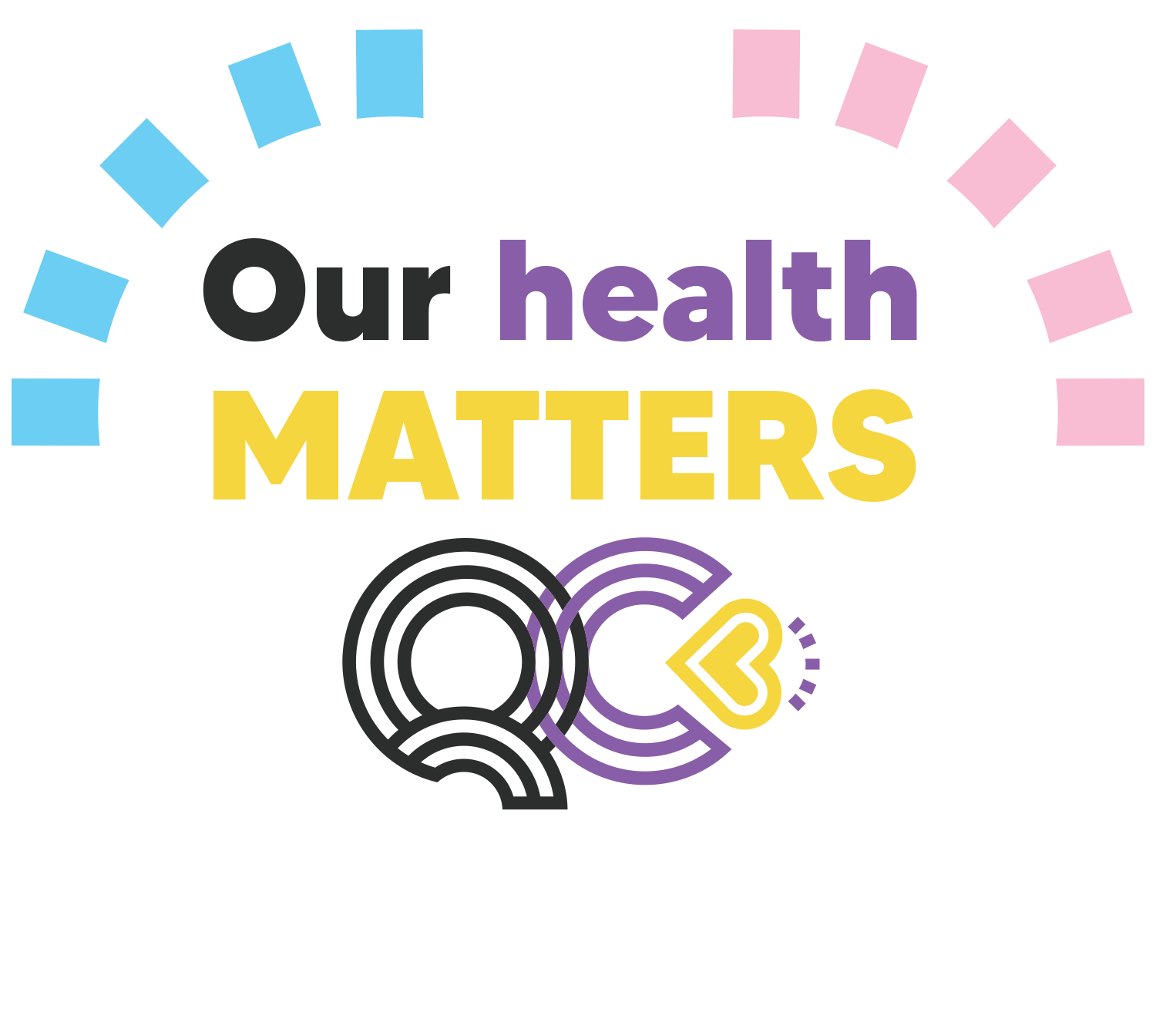
Disclosure & Safety
When do you disclose that you are Trans, Gender Diverse or Non-Binary? Do you even need to disclose? Disclosure is more likely to be safe if you are able to get a good reading of who you are with, timing, how well you know the person you are sharing with, what you’re hoping will happen when you disclose, and how comfortable and safe you feel. Disclosure is a very personal thing and no one else has the right to ‘out’ you or share any information about you without your clear permission. Whatever you decide to do around disclosure there will be pros and cons in the outcomes and it is important to be as prepared as you can. Know what your limits for what you’re willing to answer and respond to are, and protect your personal safety.
Disclosure is a personal choice, and should be your choice alone. Feeling pressured by others to ‘come out’, or being ‘outed’ without your consent can have very severe consequences. Some people who ‘out’ others just don’t realise how severe these impacts that can be, even if their intent was not harmful - they may think that telling people “saves you the difficulty”, without thinking through all of the ways this might impact you. Like most complicated personal matters, it is helpful and safer to be as clear as possible with those around you about how you need them to talk about you in different spaces. Your choice and safety are important, and it is okay to remind friends, family and supporters that you are in charge of your personal information.
When meeting new people it can be tough figuring out when to disclose. Some people will disclose early to everyone, others will wait until they know someone a bit better, some won’t disclose at all. Some people may not have an option to disclose at all if how they look and present doesn’t match other people’s ideas and assumptions about gender. It’s a decision that only you can make about when it’s relevant, safe and comfortable to share your gender identity.
When meeting someone new for the first time in person, it is safest to meet in a public place, especially if you don’t know much about them. It might be wise to let a trusted person know where you are and how long you expect to be there. Check in with friends while you’re out so they know you’re okay, and have plans around what to do if you don’t check in and what they should do next. Keep in mind that drinking or taking drugs may impair your judgement, boundaries and your ability to consent, and that a safe person should understand, be respectful and not take advantage of this.
Many people, including potential partners, may not know anything about our bodies or genders, and the different ways that we affirm this. It is important to remember this and how to deal with it. People might have questions or curiosity about things like body parts, personal care, presentation, medication, surgery or your identity in general. Don’t let anybody make you feel that they are entitled to answers that you aren’t ready and able to give, but also remember that talking through these things safely can be really helpful and empowering too. Whether you are meeting someone for the first time, becoming friends, receiving care or support, hooking up, dating casually, having transactional sex, looking for a partner or just having some fun, your personal safety is important.
Intimate partner violence and sexual violence, is a serious issue for Trans, Gender Diverse and Non-Binary people, our communities and families. Violence can involve physical, verbal, emotional or psychological, financial abuse, or involve stalking and harassment. Tactics might include guilt, blackmail, intimidation, coercion, gaslighting, isolation and repeated attacks on a person’s self-worth. These types of violence are completely unacceptable ways make someone do something emotionally, physically or sexually they may not want to. If this has happened to you or to someone you know, please consider speaking to someone you trust and seek help. There are a number of links and contact numbers on the Support Contacts page where you can find help.
+
-
+
-
+
-
+
-

